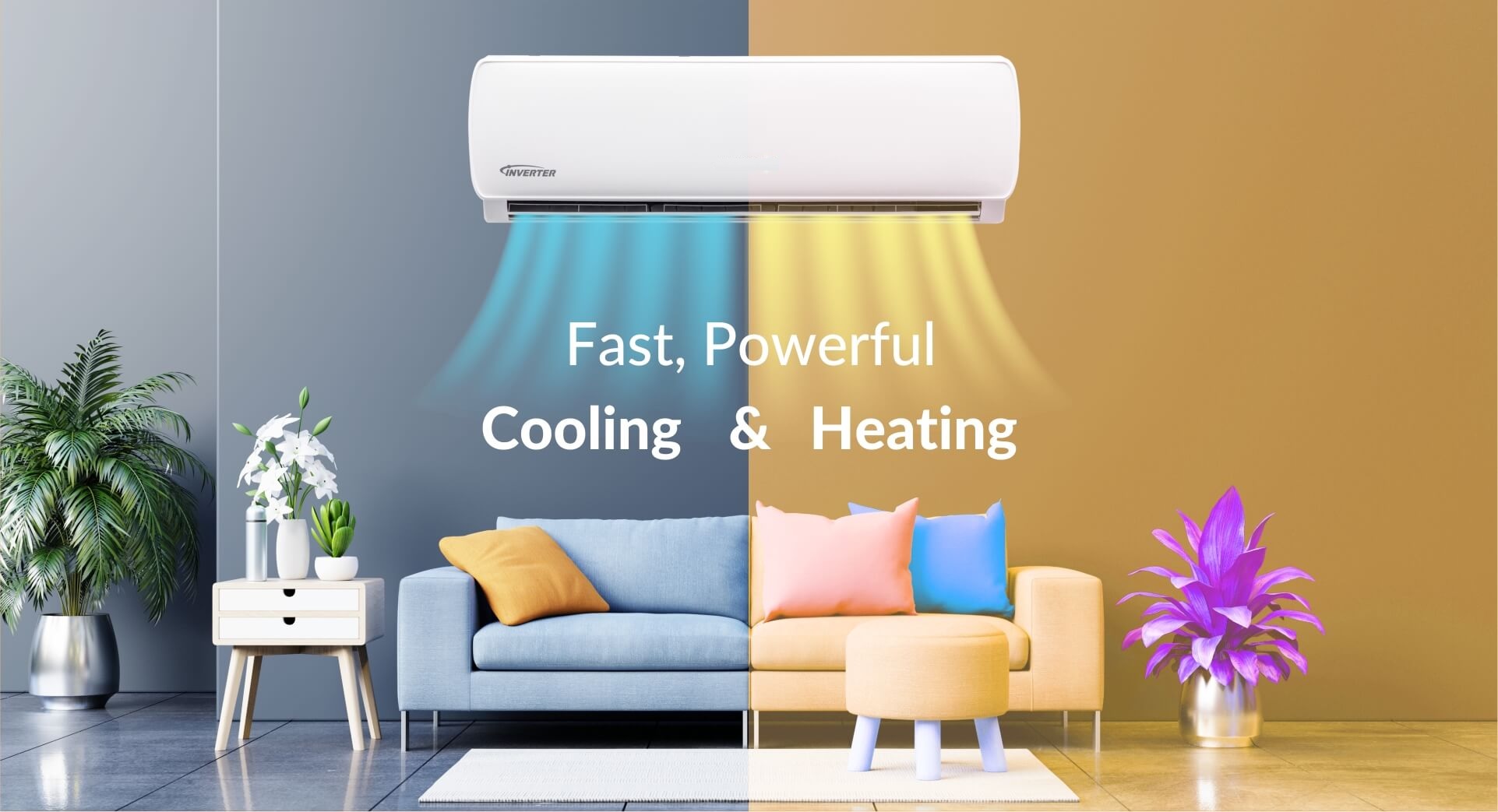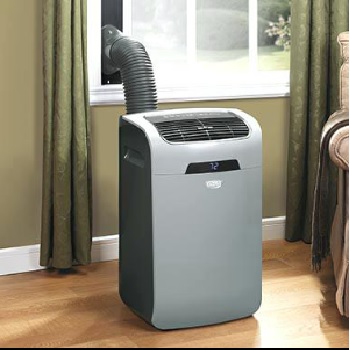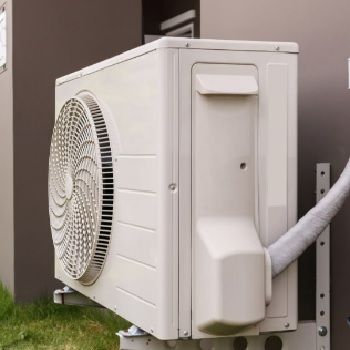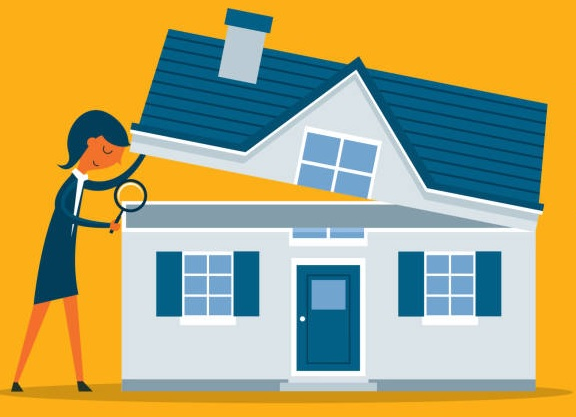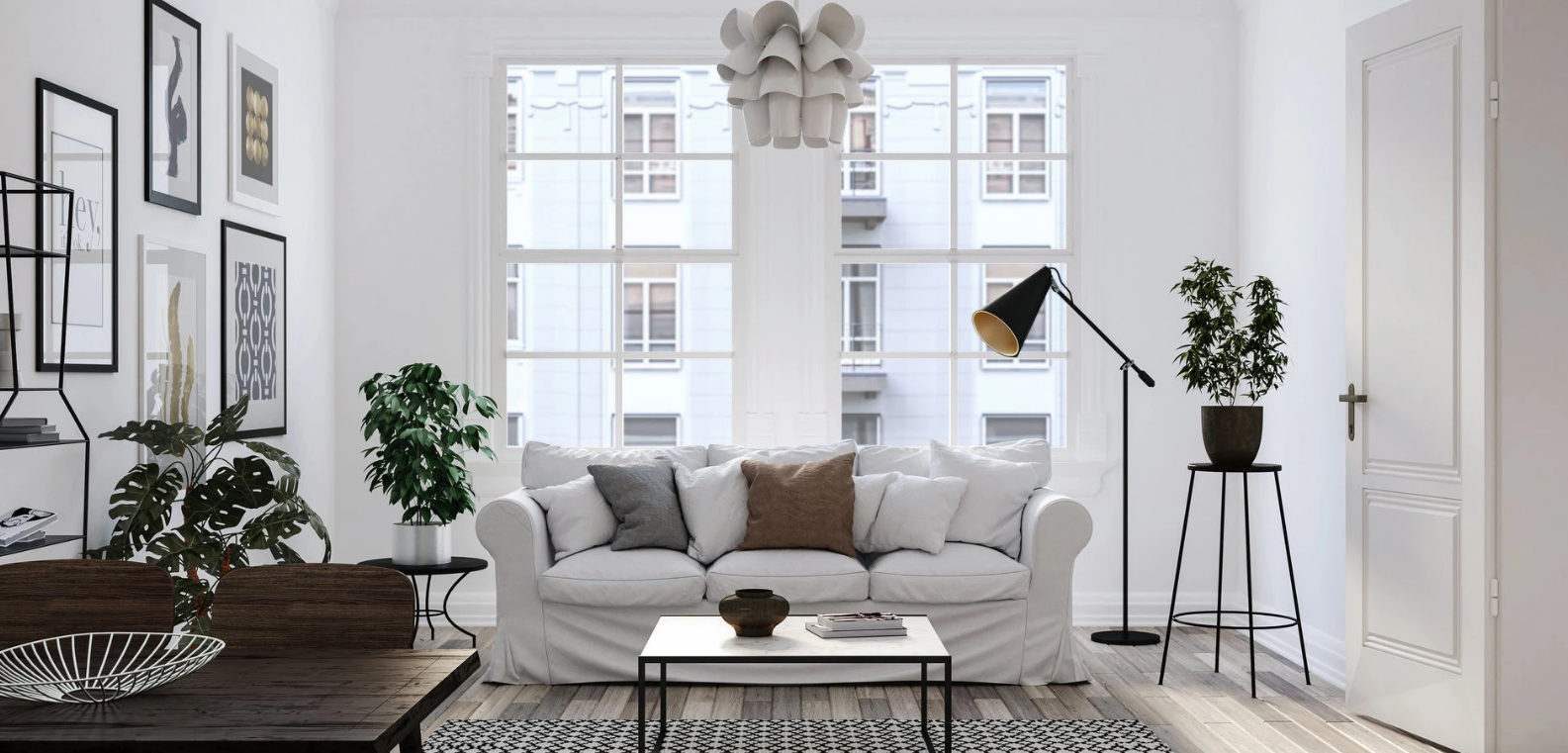What Size Air Conditioner Do I Need?
How much air con power do you need?
Your primary concern when purchasing an air conditioner is probably how powerful the unit needs to be in order to adequately cool your home. British Thermal Units (BTU) and kW (kW) are used to measure air conditioner capacity and power. It’s crucial to get the correct size air conditioner because undersized units won’t adequately cool the space while oversized ones will use more energy.
No matter how uncomfortable you become, you should never buy an air conditioner on a whim. Before installing one, do your research because it’s an expensive, long-term investment that has significant ramifications for both your comfort levels and electricity bill.
While it may be tempting to simply get the largest air conditioner available, size isn’t necessarily a factor. So how do you determine the capacity you require? We’ll show you how to do it.
Air Conditioner Checklist
- Although room size is a crucial consideration, it is not the only one.
- Additionally, location, orientation, and insulation all significantly affect the size of your air conditioner
- It’s critical to pick the proper size to optimise performance and save operating expenses.
- Size of Room – How big is the room? How high is the ceiling? Total volume is just as important as floor space because a room with high ceilings would use more energy to cool.
- Insulation – The walls and ceilings have insulation, right? What is in the room’s upper and lower levels? One of the key elements in improving your home’s thermal efficiency is ceiling insulation.
- Location – Where do you call home? In comparison to a room in Melbourne, Newcastle or Sydney that is otherwise identical, a room in Perth will require a stronger air conditioner to chill.
- Orientation – Which direction is the room facing? In the summer, a wide window facing the north or west might allow in a lot of heat, whereas a window facing south that is sheltered will be cooler.
When choosing the appropriate air conditioner for your space’s size, the following applies:
- Bedroom, study, small kitchen. For a room 10m2 to 20m2, a 2.6kW unit should cool the room
- Ensuite bedroom, small lounge. For a room 20m2 to 30m2, a 3.5kW unit should cool the room;
- Large kitchen, medium size lounge. A 5-6kW unit should cool the room.
- Open plan areas. For a room 45m2 to 65m2, a 7-8kW unit should cool the room.
- Portable Air Con
- Split System
What types of air conditioners are there?
Split System – These air conditioners consist of two sections, one of which is attached to the interior wall and the other of which is placed outside to vent heat. With individual units for each area, these are flexible and inexpensive to instal. What split system size do I require? That depends on how big the room you’re trying to cool and whether it’s for a bedroom or a living room. Calculate the required wattage of your split system to efficiently cool the room using the data above.
Reverse cycle split system for heating and cooling – For year-round indoor comfort, a reverse cycle split system can be utilised as a heater in the winter and an air conditioner in the summer. The installation of a reverse cycle split system that cools and warms is simpler and less expensive than acquiring a ducted heating system because a ducted system must be customised to fit your particular home and ducts must be built in your floors, walls, or ceilings.
Inverter system – Instead of stopping and starting, air conditioners with inverters may adjust the temperature of the air they create. Despite being more expensive, they are frequently quieter, cost less to operate, and reach the required room temperature more quickly.
Multi system – Multiple interior units are linked to a single outdoor condenser by multi-split air conditioners. They require less ductwork, but because the entire system is controlled by a single station, it is impossible to manage the temperature of each individual room.
Window – This kind of air conditioner can be mounted on a window sill or into an exterior wall hole. You only need one appliance to keep you warm in the winter and cool in the summer because certain models can both heat and cool.
Portable Air Conditioner – This kind of air conditioning is perfect for people who need a quick fix because all they have to do is plug it into a power outlet and it’s ready to go. Since the reverse cycle type can both heat and cool, all year long you only need one appliance to maintain the ideal indoor climate.
Is my air conditioner energy efficient?
A ten-star system is used to rate the energy efficiency of air conditioners, with more stars indicating a more environmentally friendly product. Separate ratings are given for cooling and heating components in appliances. Due to their capacity to control temperature without starting up or shutting down, inverter air conditioners are more energy efficient. Use the Energy Rating Calculator to see how efficient your air conditioner is.


